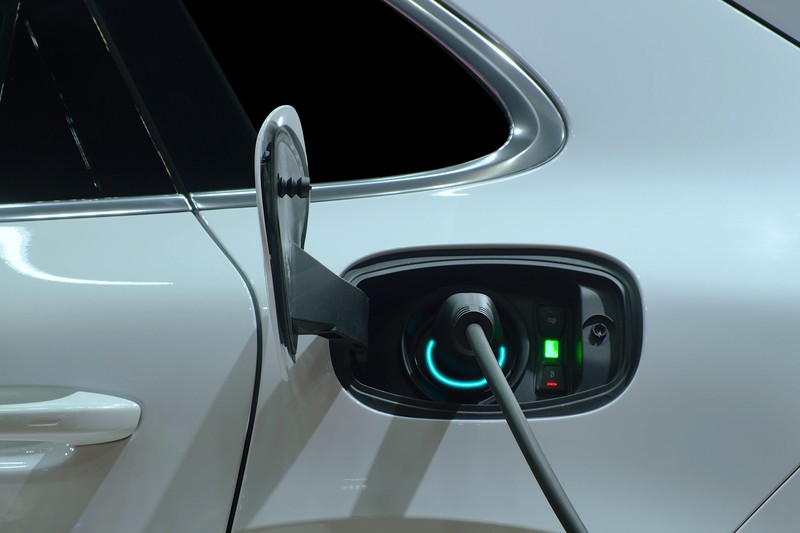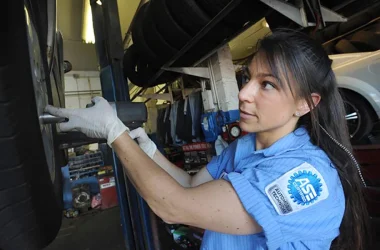In recent years, there has been a significant shift towards electric vehicles (EVs) as a cleaner and more sustainable mode of transportation. As the popularity of EVs continues to grow, so does the demand for efficient and reliable charging infrastructure.
One crucial component that has played a vital role in this revolution is the J1772 connector. This standardized charging plug has become the industry norm, offering both safety and convenience to EV owners and charging station operators alike.
1. What is the J1772 Connector?
The J1772 connector, also known as the SAE J1772, is a standardized charging plug used for Level 1 and Level 2 charging of electric vehicles. It was developed by the Society of Automotive Engineers (SAE) to ensure compatibility and interoperability among different EV models and charging stations. The j1772 connector consists of a handle with a release button, signaling pins, power conductors, and a ground pin.
2. Safety Features of the J1772 Connector
One of the key reasons for the widespread adoption of the J1772 connector is its emphasis on safety. The connector incorporates several safety features to prevent electrical hazards and ensure user protection. Firstly, it has a built-in interlock mechanism that prevents the connector from being disconnected while charging, eliminating the risk of accidental disconnection.
Additionally, the connector features ground fault circuit interrupter (GFCI) functionality, which can detect and interrupt electrical current in case of a ground fault, reducing the likelihood of electric shock.
3. Convenience for EV Owners
The J1772 connector offers great convenience to EV owners by providing a standardized charging solution. With the use of this connector, EV drivers can easily plug their vehicles into any J1772-compatible charging station, regardless of the car brand or model. This interoperability allows for greater flexibility and accessibility, making it more convenient for EV owners to charge their vehicles wherever they go. Moreover, the J1772 connector supports both Level 1 and Level 2 charging, enabling faster charging times compared to standard household outlets.
4. Compatibility with Charging Infrastructure
The J1772 connector has become the de facto standard for public and residential charging stations worldwide. Its widespread adoption ensures that EV owners have access to a vast network of charging infrastructure, making long-distance travel and daily charging more feasible.
Charging station operators can install J1772-compatible equipment, knowing that it will be compatible with a wide range of electric vehicle models, thus attracting more customers and promoting EV adoption.
5. Future-Proofing with J1772
As the electric vehicle industry continues to evolve, the J1772 connector remains future-proof. While newer connectors like the CCS and CHAdeMO have emerged to support even faster charging speeds, the J1772 connector remains relevant due to its backward compatibility.
Many EV models equipped with CCS or CHAdeMO connectors also feature a J1772 inlet, ensuring compatibility with existing charging infrastructure. This backward compatibility extends the lifespan of charging stations and makes the transition to newer technologies smoother.
The J1772 connector has revolutionized electric vehicle charging by offering safety and convenience to both EV owners and charging station operators. Its standardized design ensures interoperability and compatibility, creating a seamless charging experience for electric vehicle drivers.
With its emphasis on safety features and widespread adoption, the J1772 connector has become the backbone of the charging infrastructure, promoting the widespread adoption of electric vehicles and contributing to a more sustainable future.











